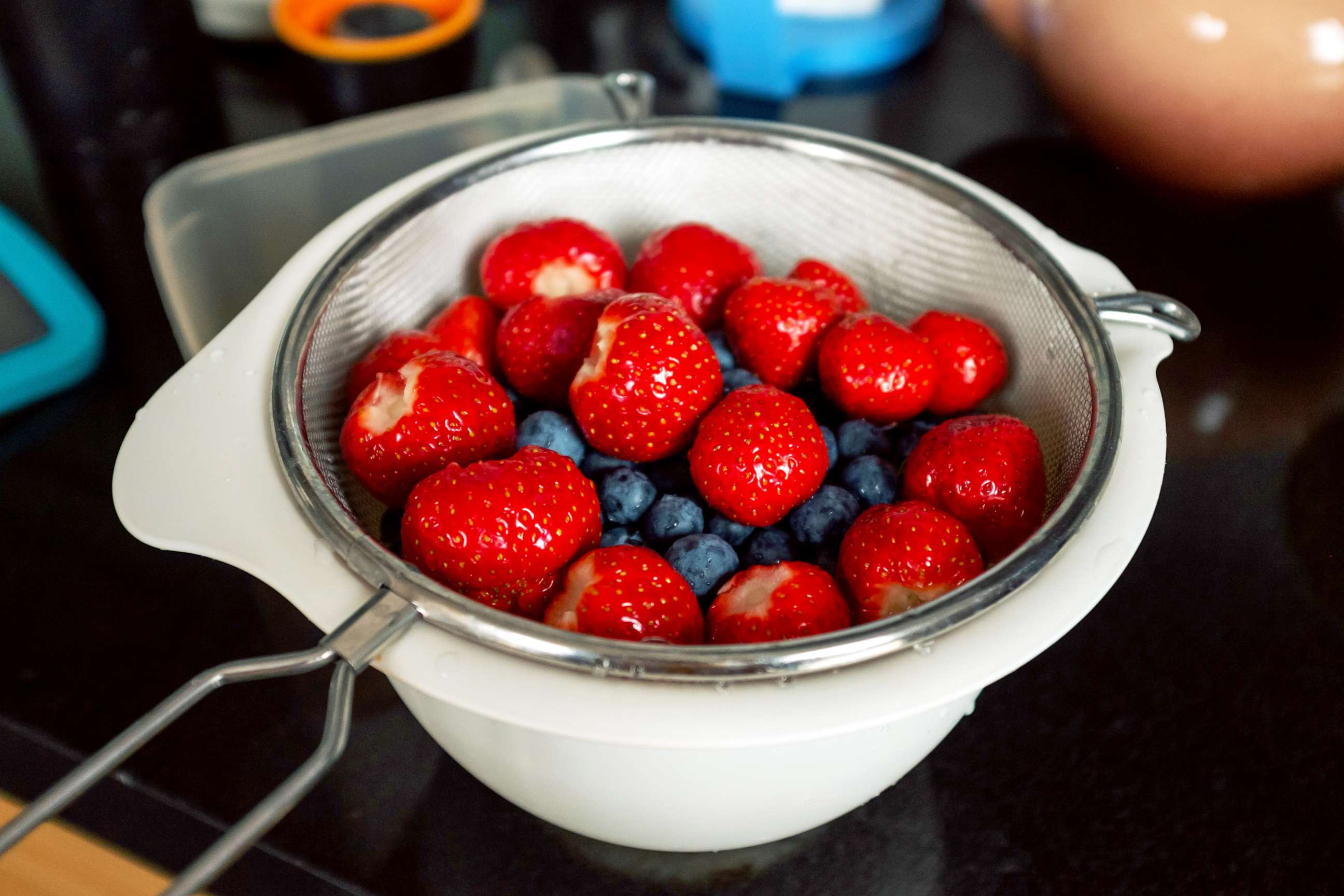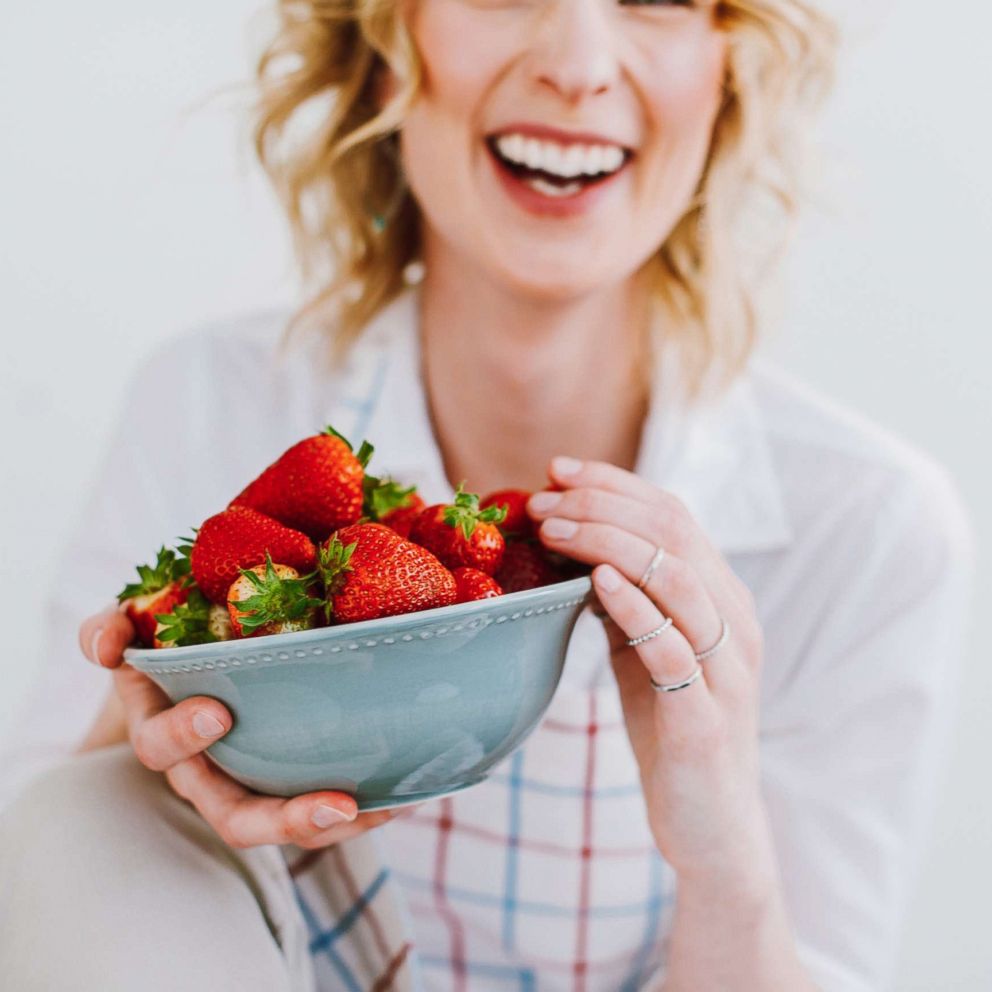Foods to avoid or add to your diet for healthy skin this summer
Check out what to eat and drink for better skin!
Drinking water may be the most obvious answer for keeping your skin fresh and hydrated, but according to experts, there's more to a diet that can affect the skin, especially during the summer months.
Dr. Rita Linkner, a New York City-based board-certified dermatologist and founder of RVL Skincare, weighed in on the topic ahead of summer to help anyone hoping to get glowing from the inside out.

How diet can affect skin
While everyone's bodies and dietary needs differ, Linkner told "Good Morning America" there are some ingredients that are more detrimental to skin than others.
"The foods that have been associated with acne include high glycemic loaded foods," she said, which oftentimes include "foods that are deep fried."

"In terms of the relationship with dairy and acne," Linkner continued, a "high intake of skim milk is most commonly linked to acne."
She specified that more than two glasses of milk a day would be considered high intake.
A 2020 study published in the Journal of the American Medical Association showed a possible link between adult acne and fatty and sugary foods, sugary beverages and milk.
There are several different types of acne -- including hormonal and comedonal -- and not all will respond the same way to the same kinds of diets and treatments. Experts suggest speaking with a health care professional about what acne treatment is best for you.
Food and drinks to add to your summer diet for glowing skin
Conversely, Linkner said there are many foods that people should consume more of during the summer to keep skin looking fresh and clear.
"Stick with foods chock full of antioxidants to help neutralize sun damage," she suggested. "Berries are my favorite."

"Turmeric is also a great anti-inflammatory which also has been shown to have potent anti-carcinogenic effects," Linkner added.

Get glowing skin through your gut
Nutritionist Maya Feller and dermatologist Dr. Whitney Bowe previously shared on "GMA" more specific foods to keep skin looking and feeling healthy.
"Packaged goods unfortunately tend to be very refined, pro-inflammatory foods," Feller said at the time.
Bowe, meanwhile, explained that "the fastest way to dial down inflammation and get your skin glowing is through your gut."
"By making just a few simple changes to your diet," she said, "you can actually have a major impact on your skin."
The pair suggest "eating the rainbow," for an antioxidant-rich diet.
"Antioxidants fight free radicals, which can cause acne and even premature aging in the skin," Bowe said.
Feller recommended foods like fruits, vegetables and whole grains, which she described as "incredibly antioxidant rich."
"Some of my personal favorites are broccoli, asparagus, berries -- low sugar, antioxidant rich, just super delicious," she said.

Both Feller and Bowe also suggest adding in healthy fats, such as avocados, salmon and extra virgin olive oil.
"Nuts and seeds are an excellent source of the polyunsaturated fatty acids," Feller explained. "Those are the good for you, heart healthy fats and they're fantastic for your skin."
Bowe hailed them as "beauty boosting fats, because they actually help ... trap moisture in the skin and they dial down inflammation."
On the flip side, she suggests avoiding too much sugar because it can "ramp up inflammation in the skin and can lead to breakouts and loss of elasticity."
"Sugar is lurking in things like pasta sauces, salad dressings," Feller said. "The general recommendation is no more than six teaspoons of added sugar for women and nine teaspoons for men."







